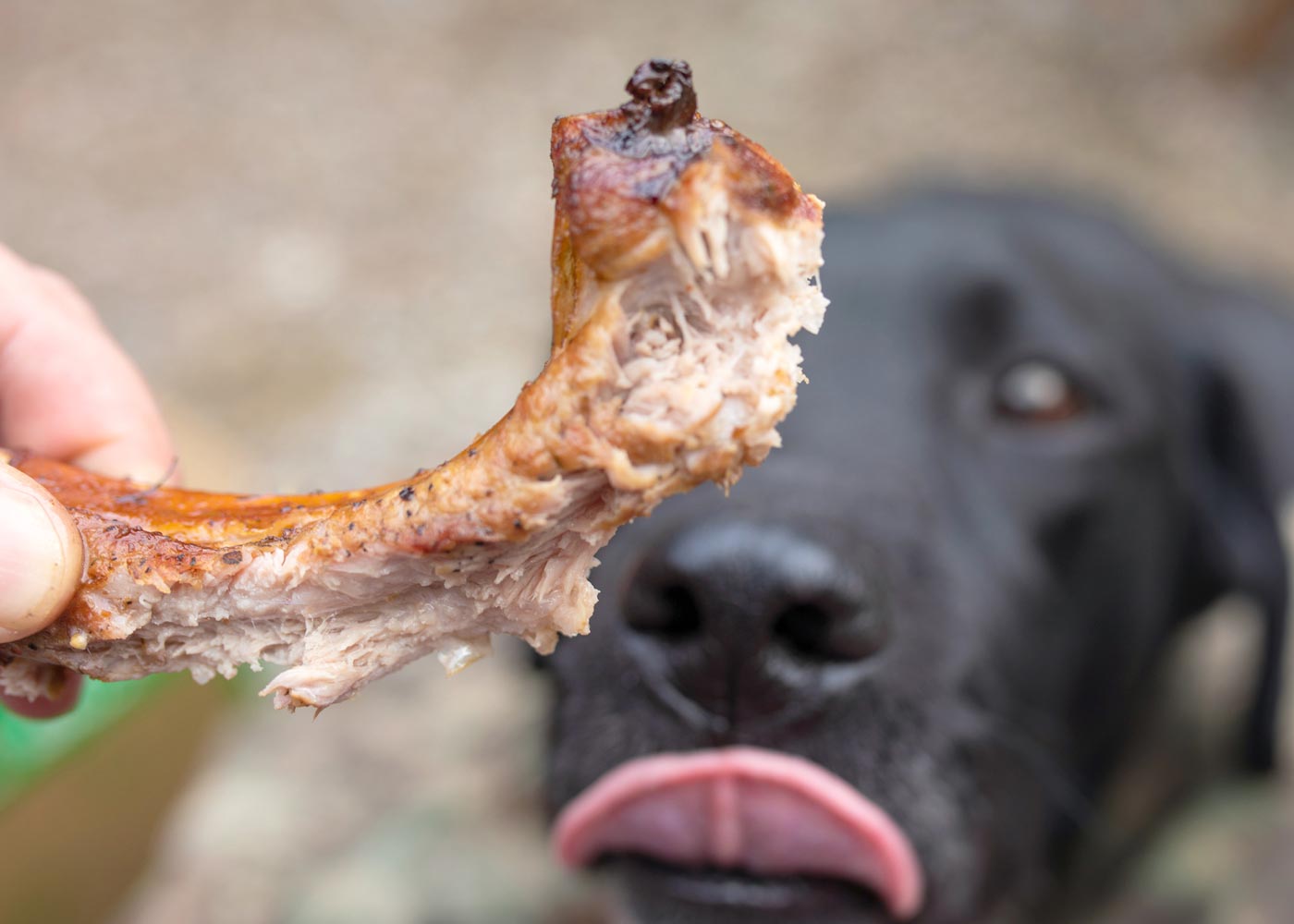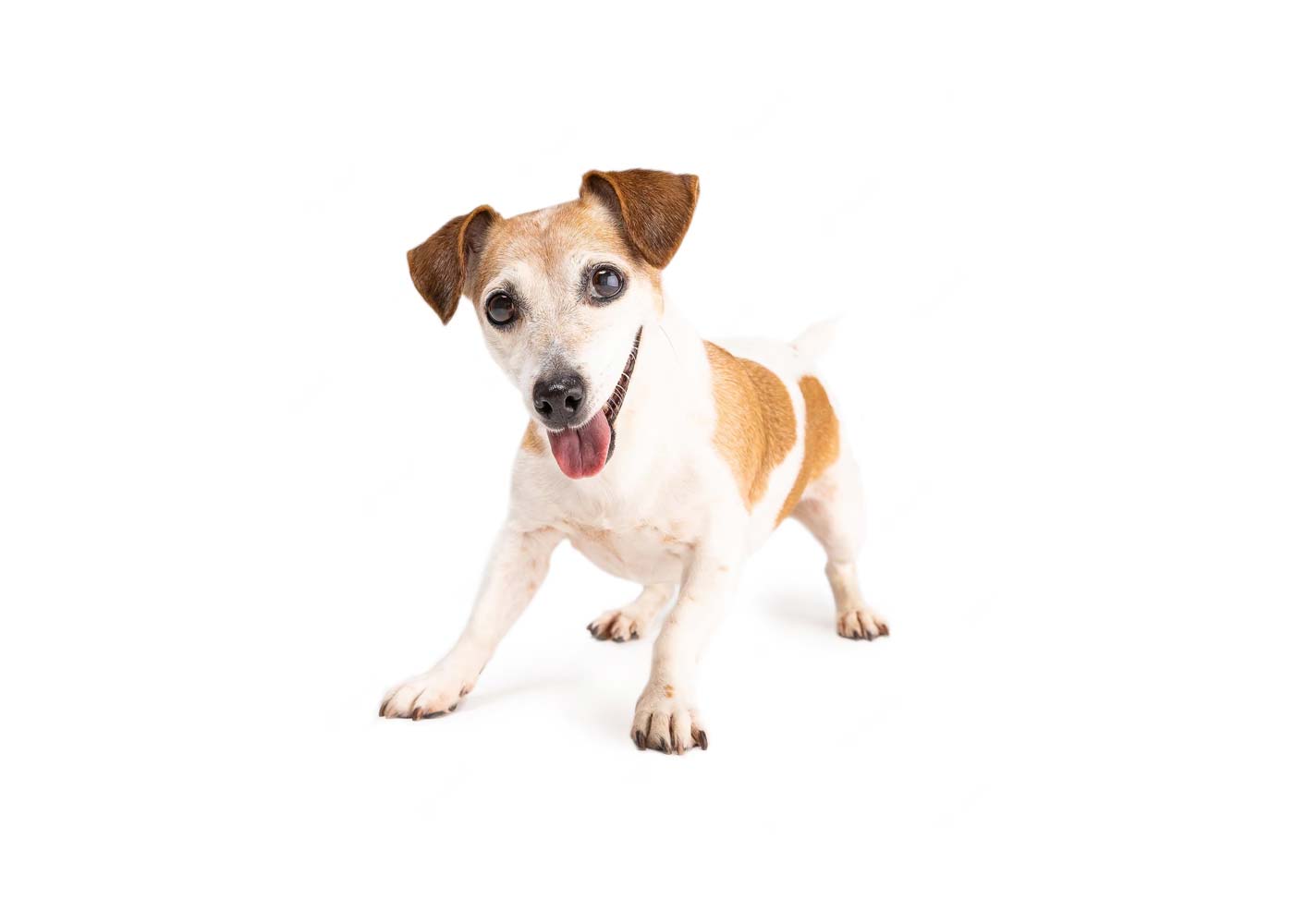As a dog owner, you want to treat your furry friend with the
best you can. Many people consider feeding their dogs rib bones as a special
treat, but is it really safe? While it may be tempting to give your dog a bone
to chew on, it's important to understand the potential risks and dangers
involved. In this article, we will explore the question, "can dogs have
rib bones?" and provide valuable information that every dog owner should
know before offering their pet this type of treat.
The Risks of Giving Dogs Rib Bones
If you're a dog owner, you may have wondered whether it's
safe to give your furry friend some leftover rib bones. While dogs do love to
chew and gnaw on bones, rib bones can pose a significant risk to your pet's
health.
Potential Dangers of Rib Bones for Dogs
Rib bones can splinter easily, and these sharp fragments can
lodge in your dog's throat, stomach or intestine, which can lead to choking,
severe pain, and even death. Bones can also cause digestive issues, including
constipation or internal bleeding.
Common Rib Bone-Related Injuries in Dogs
If your dog chews on rib bones, it can cause a range of
injuries. These can include broken teeth, cuts in the mouth, and even gum
infections. Additionally, if your dog swallows a piece of rib bone, it can
cause digestive issues, including vomiting, bloating, and diarrhea.
Why Do Dogs Love Rib Bones?
Dogs seem to be instinctively drawn to bones, and that's not
surprising. After all, before dogs were domesticated, they relied on hunting to
find food and they would often chew on bones to extract the nutritious marrow.
The Appeal of Bones for Dogs
Chewing can help relieve stress, boredom, and anxiety, and
it also helps maintain good dental hygiene. Plus, the act of chewing releases
endorphins in your dog's brain, which can promote feelings of pleasure and
wellbeing.
Why Rib Bones are Particularly Attractive to Dogs
Rib bones are greasy, meaty, and aromatic, making them
particularly irresistible to dogs. The smell of meat and fat makes rib bones
especially alluring, and dogs love to chew on the leftover bits of meat that
get stuck in the bones.
Alternatives to Rib Bones for Dogs
If you want to give your dog something to chew on, you don't
have to resort to rib bones. There are plenty of healthy and safe alternatives
that your dog will love.
Safe and Healthy Treat Alternatives for Dogs
Some things you can give your dog include dental chews,
rawhide, or even fruits and vegetables like carrots, apples, and green beans.
These treats offer similar benefits to bones, without the risk of splintering.
Other Recreational Bones for Dogs to Chew On
If you're set on giving your dog a bone, there are a few
options to consider. Synthetic bones, like those made from nylon, are durable
and non-toxic. Additionally, you can opt for larger, thicker bones, like beef
bones, that are less likely to splinter.
What Should You Do If Your Dog Eats a Rib Bone?
If your dog has eaten a rib bone, it's essential to take
action quickly to prevent serious health problems.
Recognizing Symptoms of Rib Bone-Related Health Issues in Dogs
If you notice your dog vomiting, struggling to breathe, or
has a swollen abdomen, it's critical to take them to a veterinarian
immediately. These symptoms could indicate a bone fragment has become lodged
somewhere in the digestive tract.
Steps to Take if Your Dog Eats a Rib Bone
If you suspect your dog has ingested a bone, refrain from
inducing vomiting. This can cause the bone to become lodged somewhere else in
the digestive tract. Instead, call your veterinarian, who may recommend a
wait-and-see approach or more immediate intervention, depending on the severity
of the symptoms.
Safety Tips for Feeding Your Dog Bones
Feeding your dog bones can provide a source of nutrition,
entertainment, and dental health benefits. However, not all bones are safe for
dogs to consume, and it's important to take precautions to prevent choking,
tooth fractures, and other possible injuries. Here are some safety tips to keep
in mind:
Preparing Bones for Your Dog
Before giving a bone to your dog, ensure it's raw and
uncooked. Cooked bones can splinter and crack, which can cause serious harm to
your pet. Additionally, remove any meat or gristle from the bone as it can
cause digestive issues.
Supervising Your Dog While Eating Bones
Your dog should always be supervised while eating bones.
This is because they can break bones into smaller pieces, which can cause
choking or become lodged in the digestive tract. Additionally, avoid giving
your dog small or narrow bones, as they can get stuck in the throat.
Can Some Dogs Safely Eat Rib Bones?
Rib bones can be a delicious treat for dogs to chew on, but
not all dogs can handle them safely. Here are some factors to consider before
giving your dog rib bones:
Factors to Consider Before Giving Your Dog Rib Bones
Size of the dog is a crucial factor in determining whether a
dog can safely chew on rib bones. Small dogs may choke or break their teeth
while chewing on large bones, and large dogs may swallow small and sharp bone
fragments. Additionally, if your dog has digestive problems or weak teeth, rib
bones may not be the best snack.
Breeds That May Be Able to Handle Rib Bones Safely
Certain breeds of dogs have stronger teeth and jaws, which
may enable them to chew rib bones without any issues. Some of the breeds that
may handle rib bones safely include German shepherds, Boxers, and Rottweilers.
However, it's always a good idea to consult with your veterinarian before
giving your dog rib bones.
The Anatomy of a Dog's Digestive System and How It Relates to Rib Bones
A dog's digestive system is designed to break down different
types of food, including meat and bones. However, there are some factors to
keep in mind when it comes to feeding rib bones to your pet:
How Dogs Digest Different Types of Foods
Dogs have a shorter digestive tract than humans, which is
why they can't digest certain foods, such as fruits and vegetables, as efficiently.
However, dogs can easily digest animal protein and fat, making raw bones a good
source of nutrition.
The Impact of Rib Bones on Your Dog's Digestive System
When dogs chew on raw bones, they produce digestive enzymes,
which help break down the bone's nutrients. Additionally, the grinding action
of chewing bones can help clean teeth and promote healthy gums. However, it's
essential to keep in mind that bones should be given in moderation and only as
a supplement to your dog's regular diet.In conclusion, giving your dog rib
bones comes with significant risks and potential dangers. While your dog may
enjoy the treat, it's essential to consider the long-term effects on their
health and safety. By following the safety tips and alternatives provided in this
article, you can ensure your dog stays happy and healthy while still enjoying a
variety of treats and toys. Remember to always prioritize your dog's health and
well-being over their cravings for a tasty snack.
FAQs
Can dogs digest rib bones?
No, dogs cannot digest rib bones entirely. The bones can
cause detrimental health effects such as blockages, perforations, and more.
What alternatives can I provide my dog instead of rib bones?
There are many safe and healthy alternatives to rib bones,
such as raw carrots, bully sticks, stuffed Kong toys, and other chew toys
specifically made for dogs.
Can some dogs safely eat rib bones?
It is not recommended to feed your dogs rib bones because of
the potential health risks involved. However, some dogs may handle them better
than others. If you're considering giving your dog a rib bone, consult with
your veterinarian to assess your dog's specific situation.
My dog ate a rib bone, what should I do?
If your dog has eaten a rib bone, it's crucial to monitor
them for any signs of health issues such as vomiting, diarrhea, and difficulty
defecating. If you notice any of these symptoms, contact your veterinarian
immediately.
If you wish to contribute to our blog, please email us on morhadotsan@gmail.com.
















